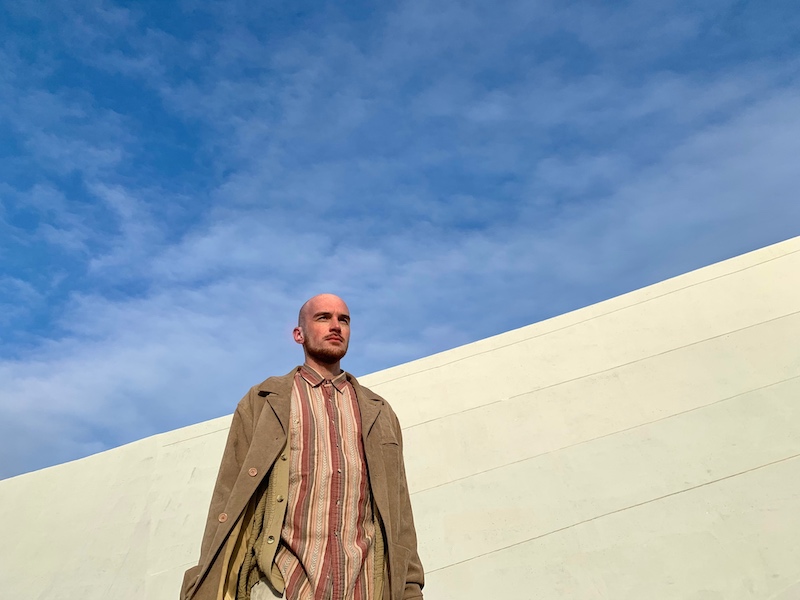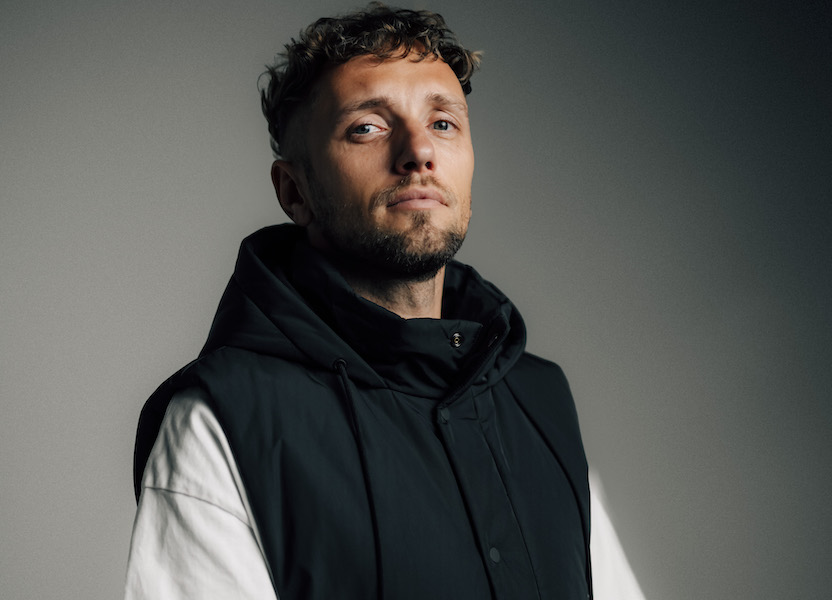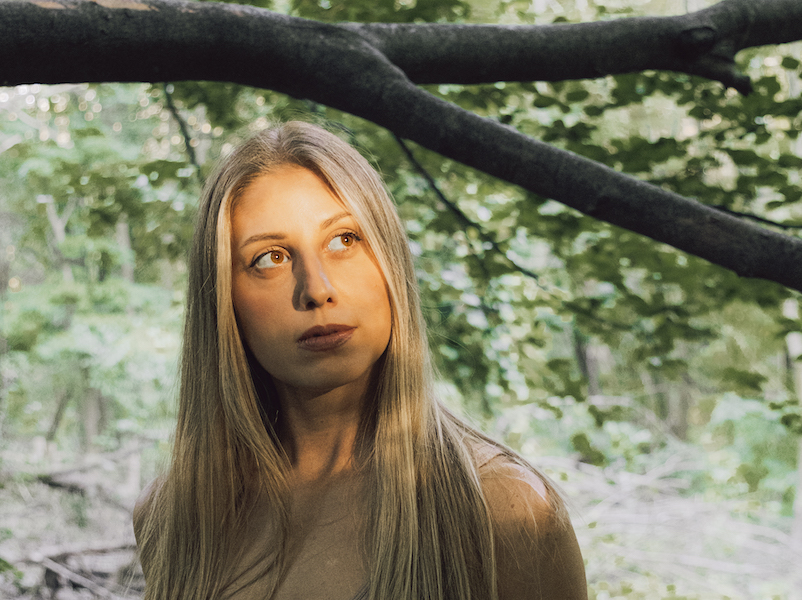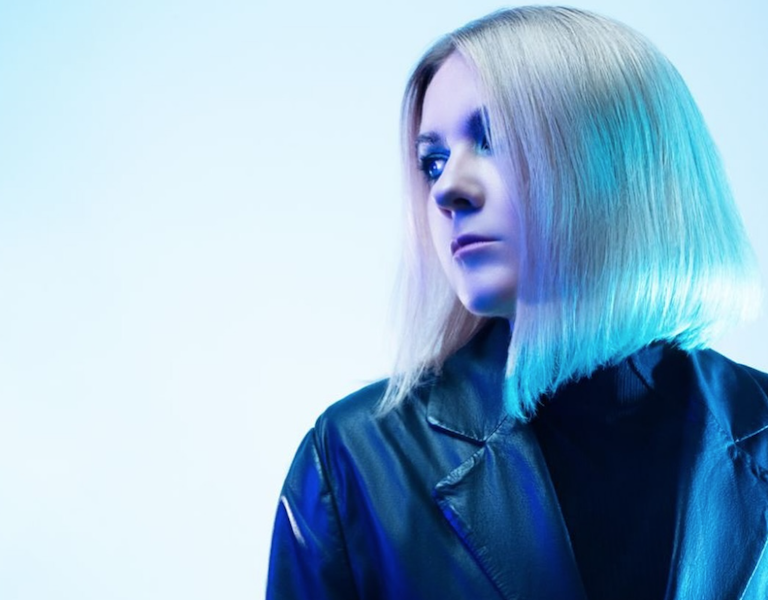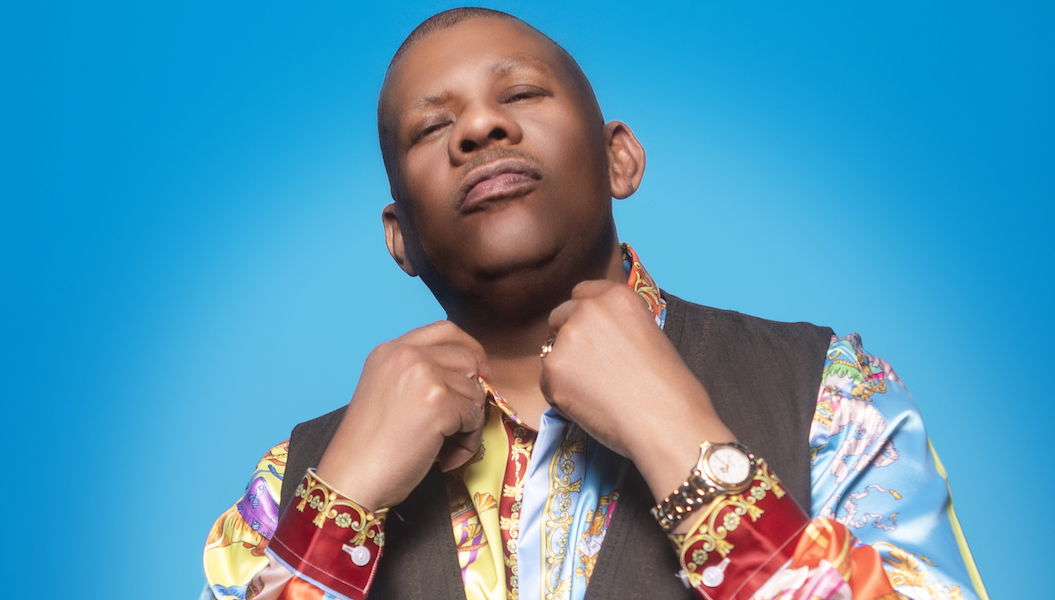To mark the official launch of DIP Publishing, we’ll have the pleasure in the coming weeks and months to host interviews with artists from the DIP Publishing family. They’ll share with us insight about their songwriting process and give us applicable tips on how they come up with ideas and forge their craft. Our first guest for the series is Marc-Olivier Forand, also known as Maaruo, composer and producer from Montréal. With releases on the likes of Akbal, Seven Villas and XYZ, he details for us his process in coming up with new ideas, breaks down his latest composition and more. Enjoy!
Hey Marc-Olivier! It’s a pleasure to have you be part of our DIP Publishing songwriter series, thank you for taking the time. How have you been lately?
Hey Christophe! I hope you’re doing well. It is a pleasure as always. Thank you for inviting me to the series! I have been doing great! Thanks!
First question I want to ask you is, do you have a specific routine to start writing a track? How do you get from nothing to crafting out a basic idea?
I can’t say I have a specific routine to start a track. Quite the opposite while I think of it. I would say it really depends on the genre I am writing, if I happen to have a clear intention when I am writing at this particular time.
Sometimes, I’ll have a musical idea in my heart/head that came out of thin air or I’ll get inspired by some elements listening to other music. Most of the time, this idea will be the core or the main part of the track or song. I’ll write this idea in a session and let myself be led by what this new idea tells me it wants to be with.
Other times, I’ll kindle new ideas just messing around with acoustic or virtual instruments. When I stumble upon a pattern I like, I’ll write it down and go from there. In most cases, this idea will end up almost inaudible in the mix or even not included in it in some instances!
I would say the only thing I do on a recurring basis is having a strong harmonic movement right at the beginning. If the track demands a chord progression, I want to have this down right at the start as this, for me, is what sets the emotion of the track and becomes the reference point over which the other melodic elements will be anchored upon. If the track is on one fundamental, then I’ll write the break or the part that has the most harmonic movement in it so that I am assured that the emotion is there before I go on with anything else. This is important for me so I know that the elements that end up in the track are serving the purpose of the emotion that is intended.
What can you tell about the latest song you wrote? What was that process like?
The last track I wrote is a bit peculiar because it was a track I made while live streaming for educational purposes. The attendees voted for the genre, which ended up being Techno which is not I genre I often do these days. It was a fun exercise, though! Before the stream I designed two synths; one that would be the melody and the other one was a string/pad that would chant in the break. When I started the stream and started writing, I produced the low-end instruments and the main elements of the beat and then went on creating the melodic support elements of the track. I then began the arrangement to have a frame as a reference point so I can then determine the recurrence of the melody line. From there I had the main parts down so I marked the length of the break to write a progression with the pad I had previously produced. Then there was a bit of fine tuning everything, writing transitional elements and effects and the core of the track was pretty much there! You can catch an highlight of the creation of the track right here:
An ever-interesting topic in songwriting, as well as in art in general, is the dilemma of deciding when a piece of work is truly over. What’s your take on it? Do you have a process to decide when you’re ready to put a song out there?
Well said. I agree with you and I would say this is especially true for digital music production. I think Leonardo da Vinci said: “Art is never finished, just abandoned.” I feel that the amount of control and possibilities you have as an artist are sometimes a double-edge sword as there are as many ways to finish the work. I feel a lot has to do with listening to your work, not just with the ears like music but with the heart and getting to know what it wants to be.
On a more technical point of view, setting limitations or a framework over the number of elements I want to include in a piece works well. I usually intentionally determine what the function of the instrument I am writing is, what its tessitura is, the place it occupies on the frequency spectrum and within the balance of the instruments. This way, I have a clear, almost scientific, idea of where the instrument sits and what it serves. Then, if I feel the song demands something else, I know a lot more clearly what it needs and where it needs it. Every work is different, but bringing this kind of consciousness in my craft, a bit like a flight check, helps me a lot with knowing if a piece has all it needs before considering it is finished.
Is there a specific piece in your catalog that holds a special place in your heart? Whether because of its quality or the story behind it?
I would say I am always more excited by the music that I am in the process of writing than the one that is out, but one work that is special to me is “Same Light” that was co-written and produced with Mitch Oliver and Beyries. It was an exciting project from having a lot of collaborative energy with the writers, XYZ, which it was released on, and the artists that remixed the track.
If you had to give one bit of advice to aspiring songwriters, what would it be? Is there a specific pitfall they should be aware of?
Create with a quality mindset and focus on quality all the time. To do that, learn the matter you’re working with. Learn your tools and how to use them. If you produce, don’t systematically use someone else’s tips. Instead, learn audio and use your ears. Listen to quality works and analyze what makes them efficient and powerful. Then compare your craft to top-notch creators and find what’s missing. If you can’t find what’s missing, find someone who can help you find it and how to attain it. If you don’t produce, surround yourself with people who have done exactly all of that.
The amount of love and energy you put in a song do not matter if the piece you are witting do not end up in a “commercial quality” product. It’s tough, but only people from the music industry will hear a great production. The rest of the people, the ones that just listen to the music, they are just used to top quality products and in some way, they unconsciously have it as a standard. If you don’t have material that its quality is of this said standard, creating your first commercial quality song/track should be your number one priority above anything else.
I recently went back in ‘Le treizième étage’ album by Lous-Jean Cormier which was his first solo album since Karkwa. I find the whole album excellent. Regarding the texts and the music, I feel it sits well balanced between just enough complexity and depth while staying accessible. His poetry is brilliant to me and the melodies are for most really compelling and memorable. One song that I always loved is ‘Transistors.’ The text depicts in an unspecific way the broken dynamic within the media and political organizations and more relevant now than ever.
I love the way the arrangement of this song is made especially around the drums. In the verses there is this kind of deceptive backbeat played by snare and floor tom and in the chorus, while the melody suggests an uplift, there are no drums at all and only a sustained hit on each chord which gives a beautiful openness. In the second chorus, on the other hand, we have all 4th notes hit on the snare which uplifts the energy for this part of the song. Again, I find this a well-executed use of surprising elements and structure while not being too unstable for everyone to enjoy!
Thank you very much for you time! What can you expect from you in the coming weeks? What’s on the radar?
Lately I’ve been focusing mainly on on teaching students as well as my production, mixing and mastering services. You can reach me at ‘[email protected]’ for any inquiries. Thanks again for the invitation!
Follow Maaruo: Instagram // Soundcloud
For more info on Dip Publishing contact: [email protected]
DIPP is a publishing initiative specialised in Electronic Music, which seeks to provide its select family of artists with the capacity to maximise the financial return from their art. It offers musicians the comprehensive collection of mechanical and performance royalties, whilst also proactively engaging synchronisation opportunities (pairing music with visual content in film/TV, online and beyond).
Artists joining the DIPP family avail of continued promotional support and career guidance from the Dip Network and team, in a manner that enhances trajectory and overall profile in tandem with optimising the value and return from their publishing catalog.

